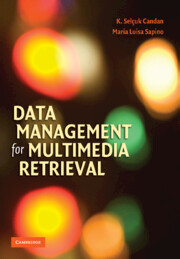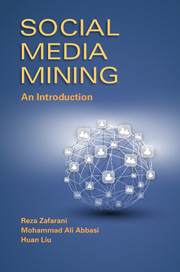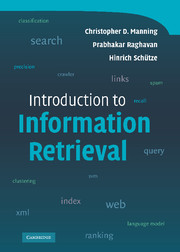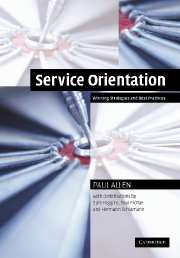Data Management for Multimedia Retrieval
Multimedia data require specialised management techniques because the representations of colour, time, semantic concepts, and other underlying information can be drastically different from one another. This textbook on multimedia data management techniques gives a unified perspective on retrieval efficiency and effectiveness. It provides a comprehensive treatment, from basic to advanced concepts, that will be useful to readers of different levels, from advanced undergraduate and graduate students to researchers and to professionals. After introducing models for multimedia data (images, video, audio, text, and web) and for their features, such as colour, texture, shape, and time, the book presents data structures and algorithms that help store, index, cluster, classify, and access common data representations. The authors also introduce techniques, such as relevance feedback and collaborative filtering, for bridging the 'semantic gap' and present the applications of these to emerging topics, including web and social networking.
- Focuses in a balanced manner on both 'data structures/databases' and 'mining/retrieval' aspects of multimedia data management. Most other books in the area cover only one or the other
- Organized in terms of basic data models (vectors, strings, trees, graphs, and fuzzy/probabilistic representations) that cover a large spectrum of media types instead of being limited to one or two special media types (such as images)
- Each topic is covered from basic to advanced concepts; thus the book can be of interest to readers of different levels
Reviews & endorsements
"This text book is a complete and excellent treatment of multimedia information retrieval and data management. It handles the entire spectrum by providing the basic theory needed and then gradually introduces the advanced techniques needed to tackle the complex issues in multimedia content retrieval."
B. Prabhakaran, University of Texas at Dallas
"An excellent and comprehensive resource on multimedia data management systems, ranging from basic multimedia data- and storage models to indexing, query and retrieval techniques specifically adapted to the intricacies of multimedia. This textbook is suited both for students to gain theoretical insight in the full range of components required for such a system, or developers who want to build or improve systems."
Marcel Worring, Intelligent Systems Lab Amsterdam, University of Amsterdam
This is a very timely book which fills a long felt gap of a comprehensive textbook possessing depth in the Multimedia Information Systems area. With a distinctively database systems perspective, it provides a refreshingly detailed and balanced treatment of the necessary multimedia content processing fundamentals. This book can serve as the reference text for senior undergraduate and graduate courses in Multimedia Information Systems. It will also be an excellent self-contained take-off point for beginning researchers in Multimedia Information Retrieval and Multimedia Databases. Moreover, Multimedia Signal Processing researchers can use it to gain a solid understanding of the Database Systems issues."
Mohan S. Kankanhalli, School of Computing, National University of Singapore
Product details
August 2010Adobe eBook Reader
9780511795749
0 pages
0kg
195 b/w illus. 15 tables
This ISBN is for an eBook version which is distributed on our behalf by a third party.
Table of Contents
- 1. Introduction: multimedia applications and data management requirements
- 2. Models for multimedia data
- 3. Common representations of multimedia features
- 4. Feature quality and independence: why and how?
- 5. Indexing, search, and retrieval of sequences
- 6. Indexing, search, retrieval of graphs and trees
- 7. Indexing, search, and retrieval of vectors
- 8. Clustering techniques
- 9. Classification
- 10. Ranked retrieval
- 11. Evaluation of retrieval
- 12. User relevance feedback and collaborative filtering.







